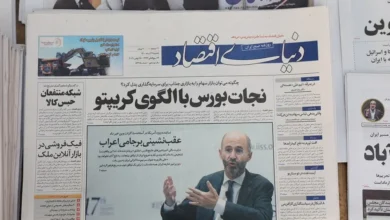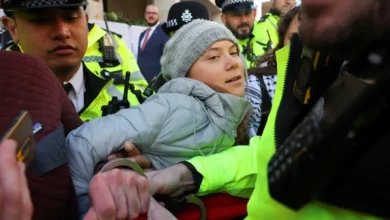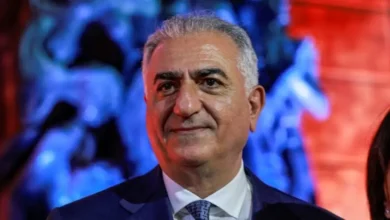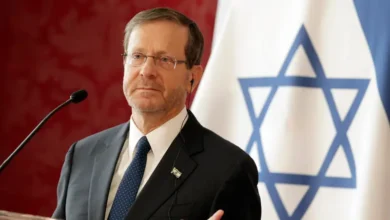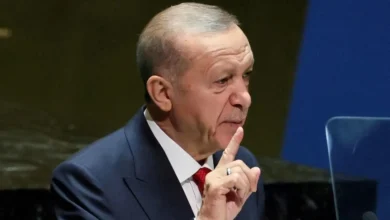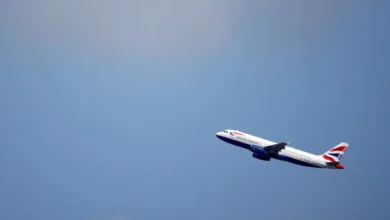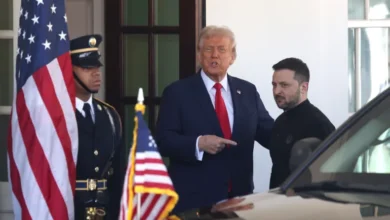‘I don’t sleep:’ US immigrant communities brace for Trump crackdown
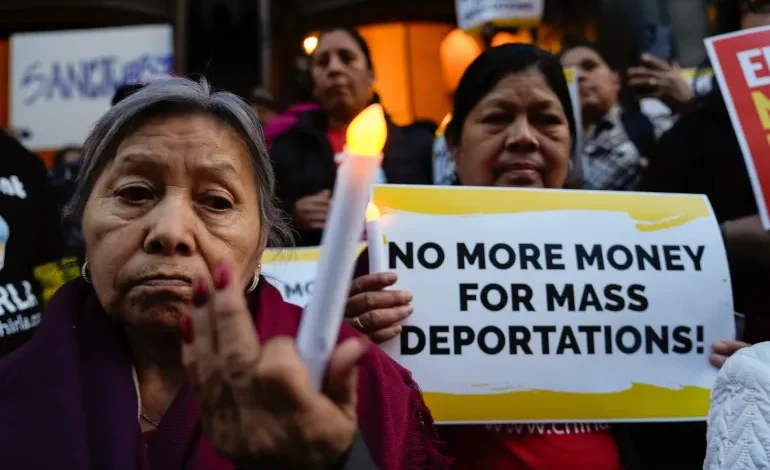
The administration of United States President Donald Trump has rolled back a decade-old policy that prohibited immigration authorities from making arrests at sensitive locations, including schools, churches and hospitals.
As the repercussions of the move set in on Wednesday, many of those living without documentation in the US expressed fears about the effects it would have on the few aspects of life where they felt secure.
“I don’t sleep,” Iris Gonzalez told The Associated Press news agency from Boston, Massachusetts, where her children have attended school for a decade.
Gonzalez, who came to the US from Guatemala 14 years ago, wondered what will happen if she comes into contact with immigration authorities while attending a court hearing or driving.
“What if they stop me?” she said.
She also questioned whether she should continue to look for work under the new administration. Still, she was adamant that her children would continue to go to school, where she hoped they would be safe.
“Education is important,” she told the news agency in Spanish.
‘Devastating consequences’
Gonzalez’s story underscores the daily negotiations of those seeking to avoid possible immigration enforcement under Trump, whose political comeback has been predicated on a pledge to undertake “mass deportations” and limit immigration into the US.
His first days in office have been defined by a slew of executive orders and actions related to immigration enforcement. That has included declaring a national emergency at the US border to surge personnel and resources there, laying the groundwork for expedited deportations, and suspending the CBP One application upon which thousands of asylum seekers were relying for appointments.
Trump has also sought to end so-called birthright citizenship, a move that has already been challenged in court by state officials and rights groups.
And on Tuesday, the second day of Trump’s second term, the Department of Homeland Security (DHS) announced it had ended the policy of avoiding immigration raids on “sensitive” locations.
The shift largely affects two agencies: Immigration and Customs Enforcement (ICE) and Customs and Border Protection (CBP), both of which had guidance barring enforcement at places like medical centres.
So far, no major immigration enforcements have been reported in the US since Trump took office, but speaking to reporters on Monday, the incoming president said it was only a matter of time.
“I don’t want to say when, but it’s going to happen. It has to happen, or we’re not going to have a country left,” he said.
